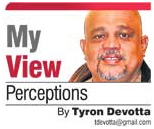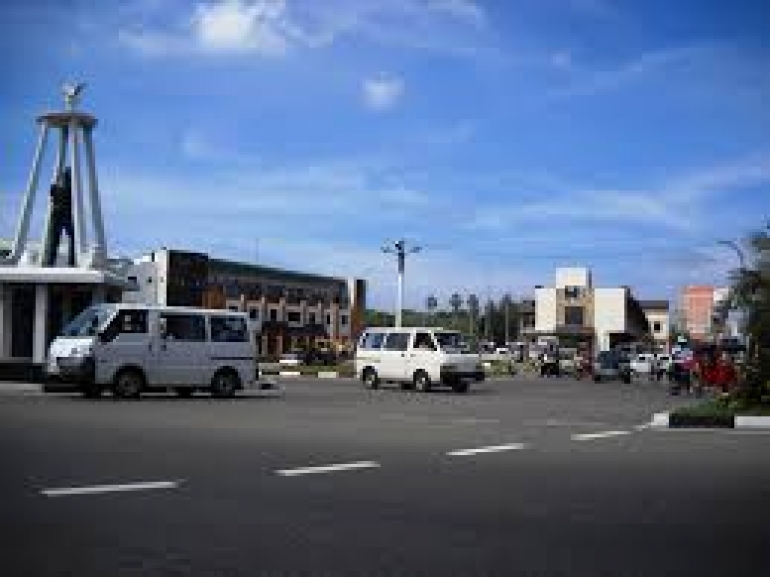When I travel I like to amble along, as I am a strong believer in enjoying the journey as much as the destination. On an average it would be safe to say that I rarely exceed the speed limits set by the Highway Code. Therefore, the 100 kilometres per hour minimum speed on the Southern Highway was an experience to say the least.
I am told the scenery along the highway is absolutely beautiful but since I was driving at breakneck speed along this supersonic road, I just forgot to observe it! All I remember is keeping my eyes glued to the road. I am told that in the future Sri Lanka will be dotted with similar highways and we will be zooming along to wherever we want to go and zooming back home that much faster. Don’t get me wrong; I am not grumbling, just finding it a little hard to adjust.
With the new highways concept being developed, the way we look at excursions/holidays has changed. For that matter, the way we go out to dinner has changed. For instance, one could drive down to Galle or Hikkaduwa in less than an hour. However, this change in speed and in the way we motor gets me thinking!
For example, if we get to a point down south for a meal in just 45 minutes, but if that meal takes over an hour to get served, then it kind of defeats the purpose of travelling at 100 kilometres per hour to get to that meal.
Being late for appointments is a general Sri Lankan habit. We even have a term coined ‘Sri Lankan time,’ which usually means half an hour or so late. Our national carrier’s call sign is UL, and everyone jokingly acknowledges that it stands for ‘Usually Late’.
Be that as it may, with Sri Lanka having great plans to move to the next level in its socioeconomic status, it is my view that one of the first and most important things that we need to understand is how we deal with the most fundamental asset that we all have, i.e. time.
A chapter titled ‘The clash of speeds’ in author Alvin Toffler’s book ‘Revolutionary Wealth’ says: “If a country manages to speed up its economic advance but leaves its key institutions behind, it will eventually limit its potential to create wealth. Call it the law of congruence. Feudal institutions everywhere obstructed industrial advance in the same way today’s industrial age bureaucracies are slowing the move towards a more advanced, knowledge-based system for creating wealth.”
Likewise, while we are travelling at a 100 kilometres per hour to get to the south, the south is trailing behind at much slower speeds. Take for example a situation I faced two weeks ago, when I visited a hotel in Hikkaduwa. I was unfortunate enough to have a bad fall in the outdoor shower area of the pool, all because this hotel had decided to put wall tiles on the floor of the shower area instead of a nonslip tile or cement and even though I was careful stepping in, I still managed to slip, resulting in a nasty injury. On the beachfront of this same hotel, some children in our group found several jagged pieces of glass found buried in the sand. Since the hotel had just been renovated, it is only fair to assume that this industrial glass was put there by some careless contractor.
In terms of efficiency, it is obvious that these hotels are yet not up to speed – not so much in the way that they deliver a service in the shortest possible time but by the fact that the services they deliver is from another time (era). Today we need businesses to have models that are sustainable. Who would want to go to a hotel that does not have proper safety standards?
The Southern Highway is a good idea. But the highway was built as a means to an end – certainly not to get the carnival thrill of going at 100 kilometres per hour. One of the key attractions of the south is the wildlife parks and with the Southern Highway, one could get to Yala in a very short time, unlike in the past. Be that as it may, one cannot plan a quick weekend trip to one of the parks via the highway. According to a recent newspaper report it’s a no go, as the parks will be closed during the weekend due to the trackers being on a work to rule.
What does this mean? Colombo may have the fast life, but as we progress are we leaving the rest of the country behind? The Government has built this super highway, the first of its kind, with promises of more to come. Therefore, isn’t it time that other institutions including the private sector got up to speed?
In my view, what we need today is a sharp formula to get the rest of the country moving. If this does not happen it would probably be best to take the slow road to Galle.
(The writer, a PR consultant and head of Media360, was previously a mainstream journalist in print and electronic media. He also edits a new media website.)
Source : DailyFT (http://www.ft.lk/columns/the-slow-road-to-galle/4-71580)




